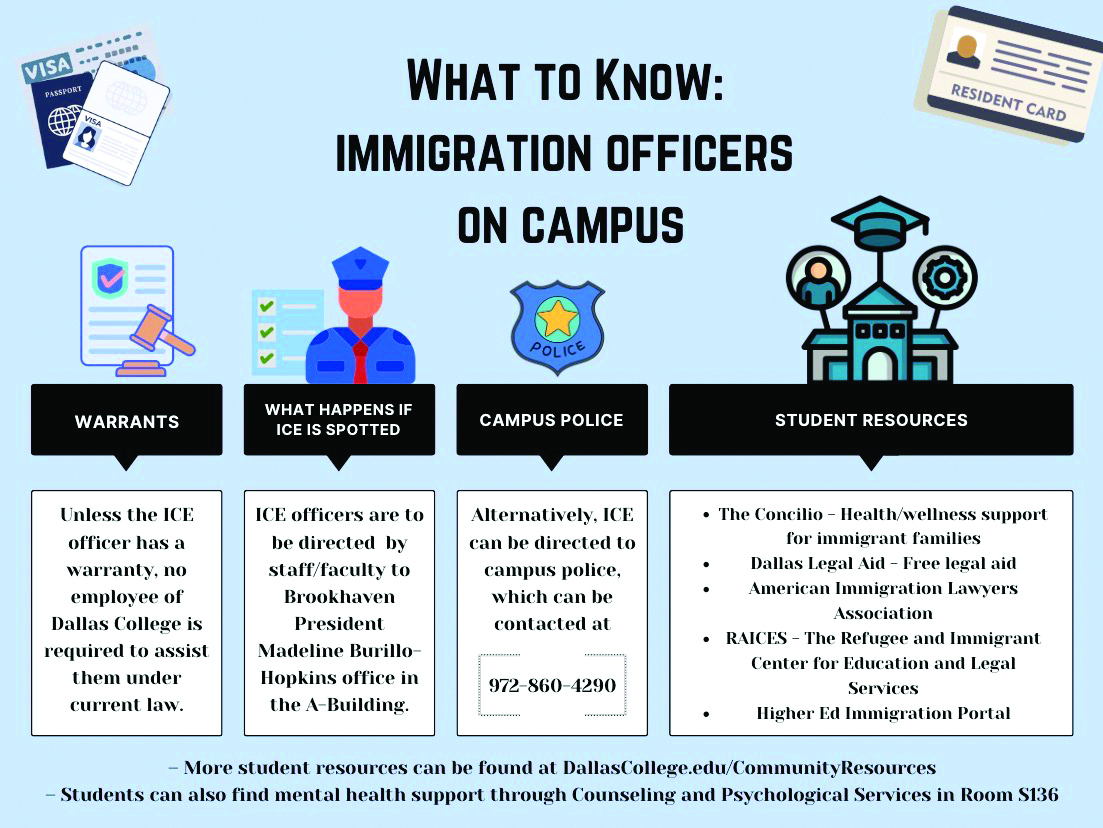By Carolyn Bossmann
Staff Writer

Taking notes in class has often meant taking a pen to paper. In recent years, however, paper has been replaced with screens, and the pen has been replaced with a stylus or keyboard. Instead of studying a packet of paper, students are now squinting at bright white screens and thin black fonts. While technology has arguably made taking notes more efficient, new studies have shown it also causes eyestrain and can be more harmful than most realize.
In recent years, reports have surfaced of users developing numerous health issues because of their use of tablets, smartphones, computers and television. Most of these reports concern problems with eyesight, but others report electronics interrupting sleep cycles or causing cancer, heart disease, diabetes and obesity, according to an 2013 article written by Julie Taylor for upwave.com.
Computer Vision Syndrome may sound like something a mother made up to get her kids to go to bed. However, it is an actual illness. According to thevisioncouncil.org, those affected can experience sore, dry or teary eyes, blurry or double vision, light sensitivity, neck pain or headaches. These issues stem largely from how users hold their devices and when they use them. People experience the effects because the devices are being used at nighttime, when bright lights in a dark room can cause damage.
Nightly usage of these devices has been found to cause Computer Vision Syndrome and also interrupt sleep cycles. According to a May 2012 edition of the Harvard University health newsletter, many electronic devices emit a blue light, which prevents the brain from releasing melatonin, a hormone that helps the brain to slow down and makes it easier to fall asleep quicker.
“The premise to remember is all light after dusk is unnatural,” Steven Lockley, a sleep researcher for Harvard Medical School, reported in the newsletter. “All of us push our sleep later than we actually would if we didn’t have electric light.” If humans solely worked off natural light, the common sleep cycle would coincide with the sun, not with bedside lamps. While researchers have found that electronics can cause cancer, obesity, diabetes and heart disease, there is little information explaining exactly how. The hormone melatonin is the main suspect.
According to an article written by Meeri Kim for The Washington Post, melatonin levels go down and stay down with daily use of technology. Those who limit their use of devices and avoid nightly use have had fewer problems than those who do.
The Harvard newsletter states that for those who have to use lights at night, switching to dim red lights will reduce the chance of sleep schedules shifting and melatonin being suppressed.
For those who have to use their electronics at night, use of devices should end no later than two to three hours before going to bed. The best remedy, according to Harvard researchers, is to put devices away at night and get as much natural light exposure as possible in the mornings












